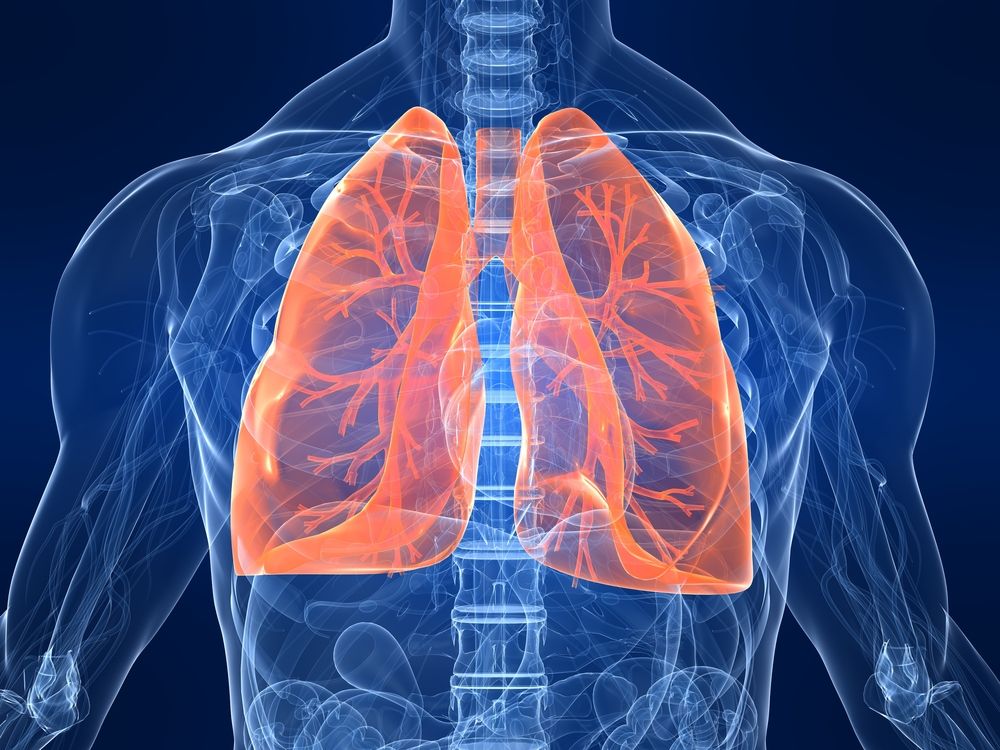Focuses on diagnosing lung disease, its treatment, and its management. It studies the respiratory system, including the lungs, airways, and related structures. Pulmonology encompasses a wide range of respiratory conditions and lung diseases. The following are some of the most common ones:
Asthma: chronic inflammatory disease that affects airways and causes symptoms like wheezing, coughing, chest tightness, and shortness of breath. Proper management, including inhaled medications, can help control asthma symptoms and prevent exacerbations.
Chronic Obstructive Pulmonary Disease (COPD): a cluster of progressive lung diseases. It includes emphysema and chronic bronchitis that make it difficult to breathe. Smoking is the most common and primary risk factor for COPD, and treatment often involves a combination of medications, oxygen therapy, and lifestyle modifications.
Lung Cancer: is a potentially life-threatening condition that affects various parts of the lung. Early detection and proper treatment plans are crucial for improving outcomes. Treatments may include surgery, radiation therapy, chemotherapy, and targeted therapies.
Interstitial Lung Diseases: include a group of conditions that result in inflammation and scarring in the lung tissue, making breathing difficult.
Respiratory Infections: including but not limited to pneumonia, bronchitis, and influenza, can affect the health and function of the lungs. Treatment includes antibiotics, antiviral medications, and supportive care.
Asthma: chronic inflammatory disease that affects airways and causes symptoms like wheezing, coughing, chest tightness, and shortness of breath. Proper management, including inhaled medications, can help control asthma symptoms and prevent exacerbations.
Chronic Obstructive Pulmonary Disease (COPD): a cluster of progressive lung diseases. It includes emphysema and chronic bronchitis that make it difficult to breathe. Smoking is the most common and primary risk factor for COPD, and treatment often involves a combination of medications, oxygen therapy, and lifestyle modifications.
Lung Cancer: is a potentially life-threatening condition that affects various parts of the lung. Early detection and proper treatment plans are crucial for improving outcomes. Treatments may include surgery, radiation therapy, chemotherapy, and targeted therapies.
Interstitial Lung Diseases: include a group of conditions that result in inflammation and scarring in the lung tissue, making breathing difficult.
Respiratory Infections: including but not limited to pneumonia, bronchitis, and influenza, can affect the health and function of the lungs. Treatment includes antibiotics, antiviral medications, and supportive care.

Sleep-Disordered Breathing: Conditions like sleep apnea, which involve disruptions in breathing during sleep, can significantly impact respiratory health and overall well-being. Treatment often involves using specific devices, such as continuous positive airway pressure (CPAP) machines.
Pulmonary Function Tests (PFTs) : provide valuable insights into the health and functioning of your respiratory system. These tests help pulmonologists diagnose, monitor, and manage various lung conditions. Different types of PFTs are : Spirometry, Cardiopulmonary Exercise Test, Bronchial Provocation Test, Exhaled Nitric Oxide Test, Pulse Oximetry Study, Diffusion Capacity Test:.
Pulmonology Treatments and Management Strategies : can involve a variety of approaches, depending on the specific diagnosis and the individual’s needs.
Pulmonary Function Tests (PFTs) : provide valuable insights into the health and functioning of your respiratory system. These tests help pulmonologists diagnose, monitor, and manage various lung conditions. Different types of PFTs are : Spirometry, Cardiopulmonary Exercise Test, Bronchial Provocation Test, Exhaled Nitric Oxide Test, Pulse Oximetry Study, Diffusion Capacity Test:.
Pulmonology Treatments and Management Strategies : can involve a variety of approaches, depending on the specific diagnosis and the individual’s needs.

